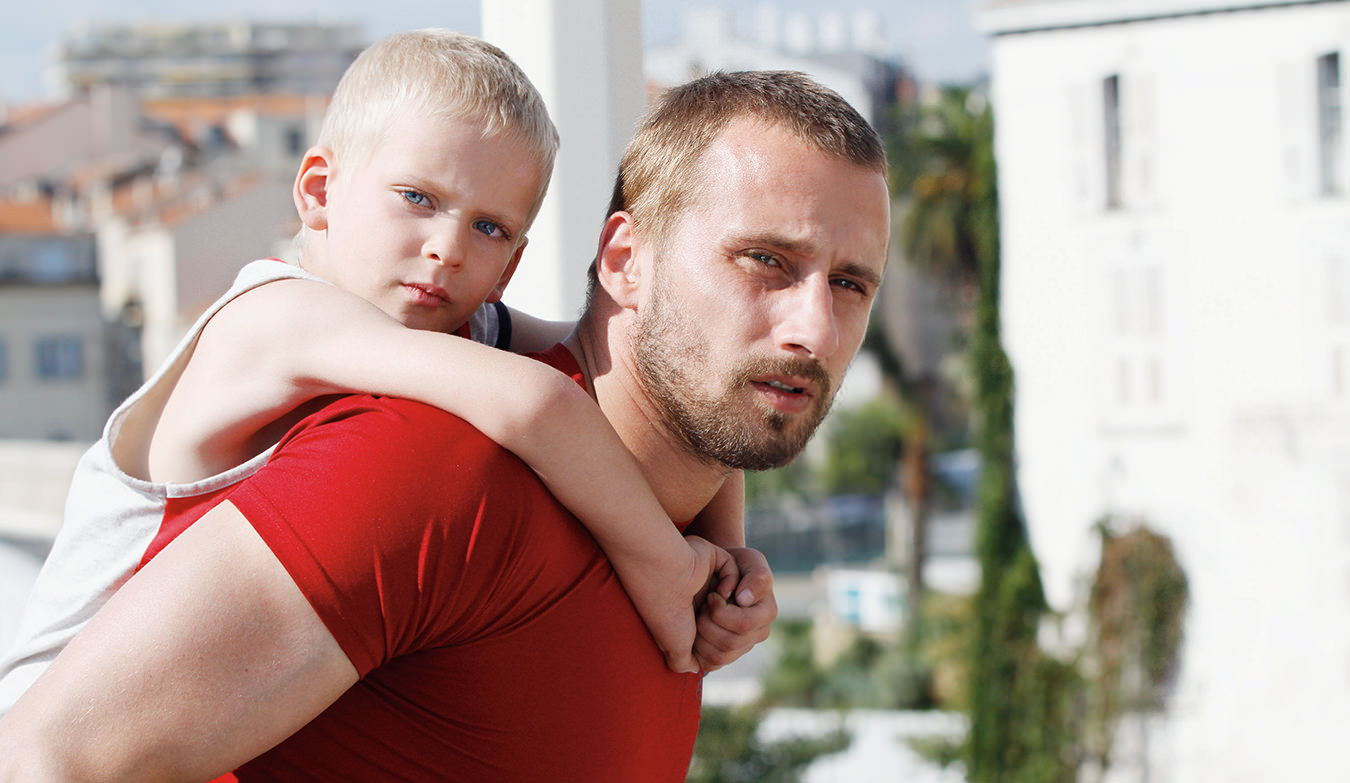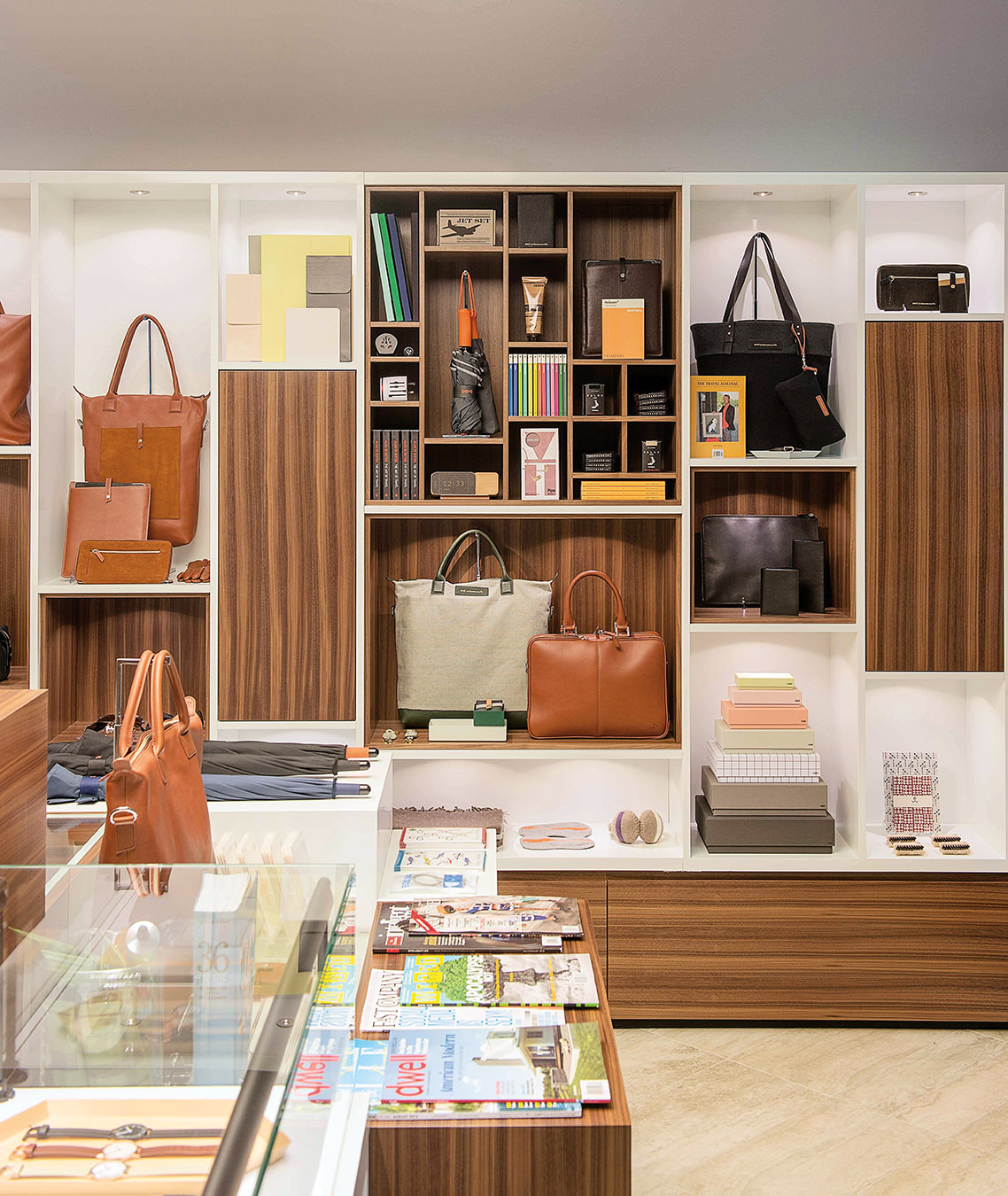On Identity and Poetry with Somali-Canadian Singer Amaal
A dove in Toronto’s music scene.
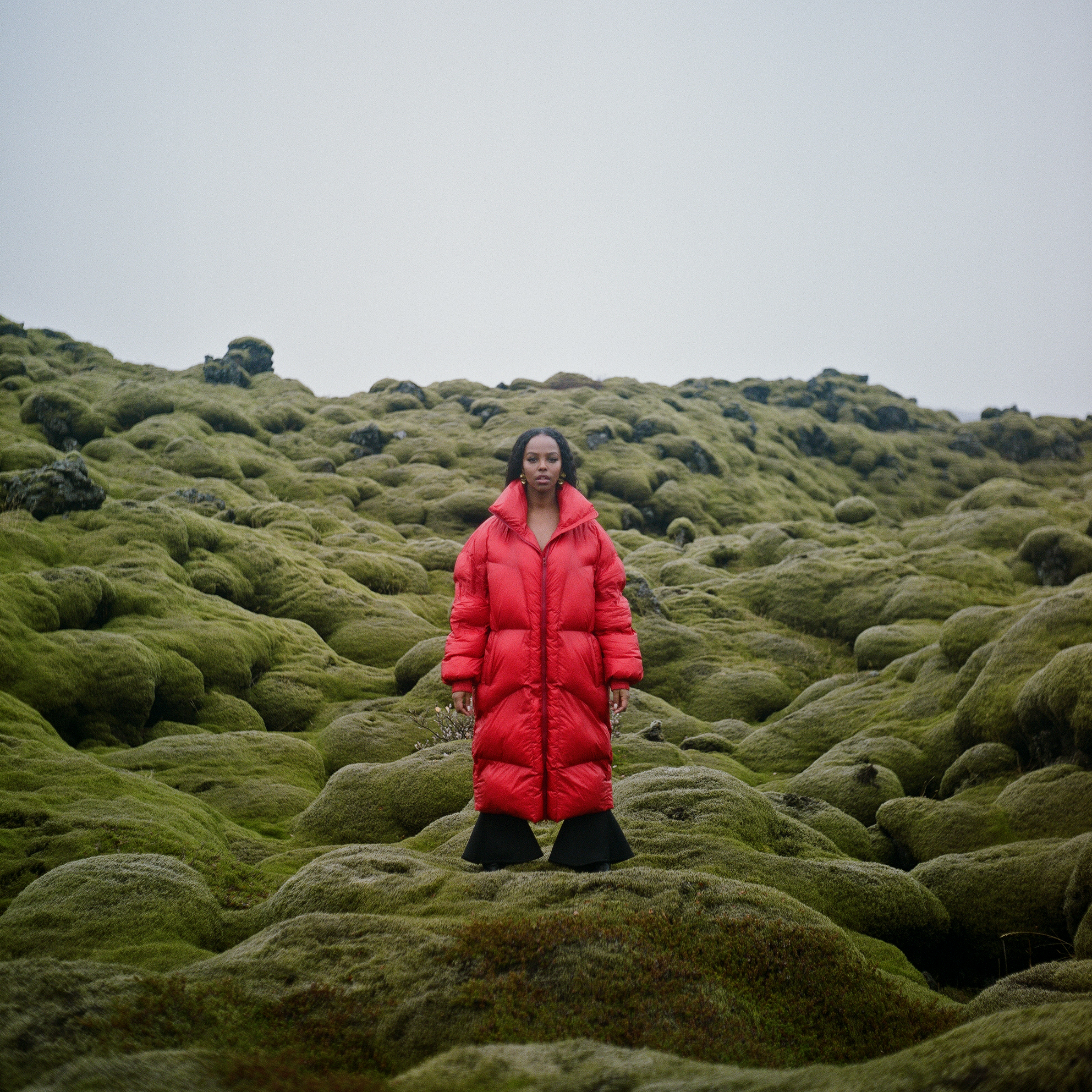
Somalia is often referred to as a nation of poets; a land in whose soil metaphors grow roots and sprout through the earth. Turn a few chapters back in Somalia’s history books to see tribes resolve conflicts not with weapons, but through poetry. Flip forward into recent history, and find the East-African country locked in a post-independence civil war that has lasted since 1991—a war that’s seen around 800,000 of its population displaced. Almost 30 years later, a new generation of diasporic Somali refugees have embraced the poetry that runs in their blood, from different corners of the world. Beyoncé’s 2016 visual album Lemonade, for instance, is peppered with words written by Somali-British poet Warsan Shire. And in Toronto, Mogadishu-born singer Amaal Nuux creates dreamy melodies by infusing R&B beats with poetic lyricism.
Amaal, who goes by her first name, was the last in her family to be born in Somalia before they emigrated to Canada. She grew up navigating the space between her birthplace and her adoptive home, forming a dual identity that she’s learned to be empowered by—and let influence her songwriting. In 2012, the song “Mufasa” launched the singer into viral fame on YouTube with an ode to the resilience of her home country. “If Somalia were to say anything, what would she say?” Amaal says of the track, which carries the powerful refrain, “I wanna own my kingdom/I wanna gain my freedom.”
More recently, the 29-year-old has caused ripple effects across the Toronto music scene with the release of her debut EP Black Dove earlier this month. The album was preceded by the single “Not What I Thought” along with a visually-stunning music video shot in Iceland, which was directed by Sean Brown (best known for his work on Daniel Caesar’s Freudian). Softer and more subtle than “Mufasa”, Amaal’s vocals on Black Dove are reminiscent of the airy inflections heard in ’90s-era R&B. Her expansive voice seems to flutter through you, soothing and swaying as it passes.
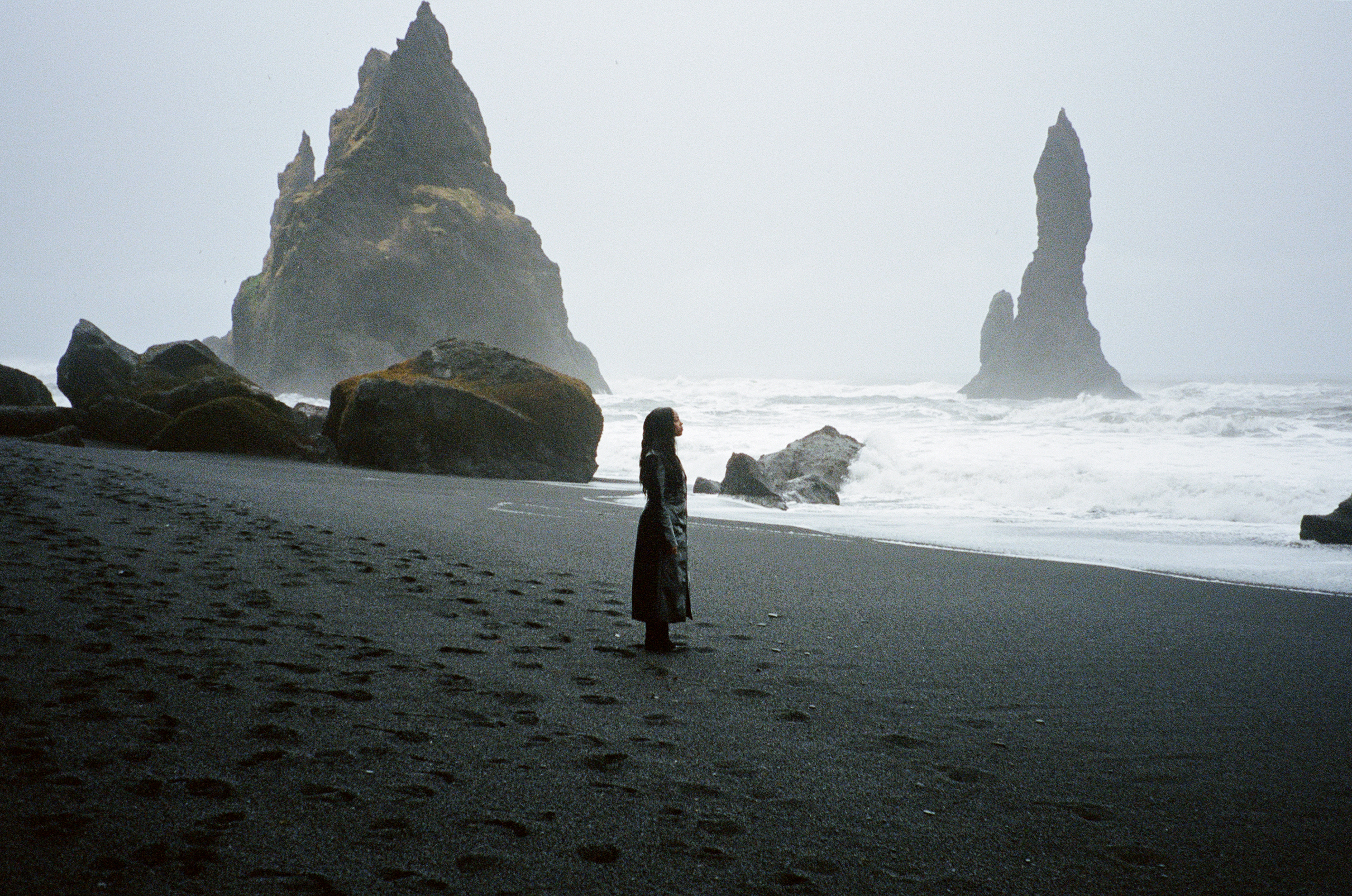
Sean Brown’s cinematic music video for “Not What I Thought” follows Amaal across the vast landscapes of Iceland.
When asked if she has a favourite song out of the EP’s six tracks, Amaal singles out “Later”. The song follows the singer’s past experience of being in a relationship with someone in prison, detailing both a sense of disconnect and loyalty. “It was something I never thought I would do in my life, but love is powerful and forgiving,” she says. The music video for “Later”, released alongside Black Dove, touches beyond the singer’s relationship by also telling the story of the women Amaal came to know during the lengthy visiting trips to the prison. “[Prisoners] who received the most visits from their family and their community are the lowest re-offenders,” she explains. “It’s a really important thing for them to have that connection.” For the singer, along with many other women and their children, the only way to visit the prison was through a single bus operated by the non-profit company FEAT For Children of Incarcerated Parents.
The music video was filmed on the actual FEAT bus—including the driver—and offers a look into the journey of these families. As day fades slowly to night, we catch glimpses of intimate moments: resting a head on a shoulder, holding hands while sleeping—mementos of a soft sort of tenderness. And as the trip reaches its end, the camera pans to the women specifically, as they touch up their makeup in a gas station bathroom, dancing and celebrating each other. “[The women] were so resilient,” Amaal remembers.
“Later”, along with the rest of Black Dove, heralds a more intimate direction in Amaal’s songwriting, closer to her personal experiences in the everyday, as opposed to her older “protest” songs, as she calls them. “I was really stuck on the narrative of being a refugee, being an immigrant, and I felt I was doing a huge disservice to myself as an artist.”
Carrying the weight of a minority identity can often result in the expectation of being the spokesperson of that identity, a responsibility to always have a statement to say—to always represent. Yet, as the singer explains, to exist as a black Muslim immigrant in the music industry is a statement in and of itself. For Amaal, Black Dove is symbolic of her growth outside of the “refugee” archetype. Rather, it is an inward investigation of the artist herself, an open invitation to be—above all else—human.
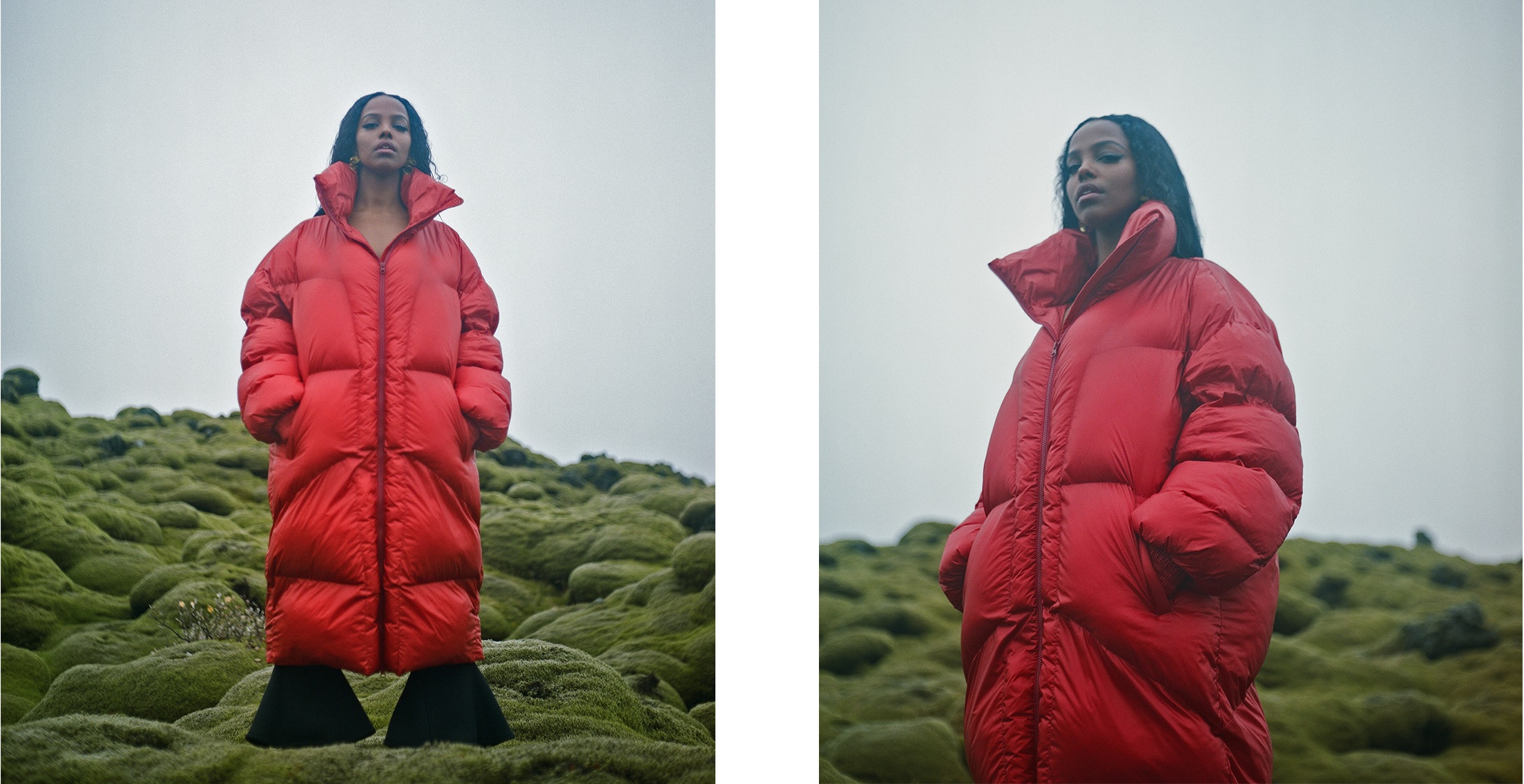
“I was really stuck on the narrative of being a refugee, being an immigrant, and I felt I was doing a huge disservice to myself as an artist.”
Photos by Sean Brown.
_______
Never miss a story. Sign up for NUVO’s weekly newsletter, here.

